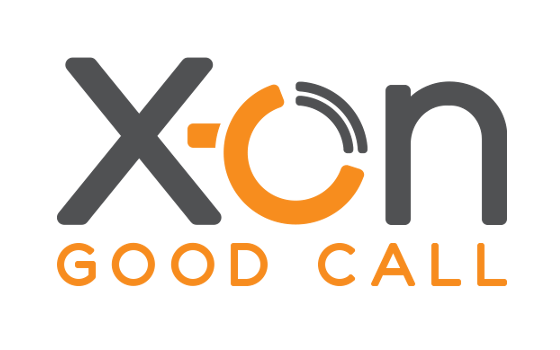 Opinion Article by Paul Bensley, Managing Director of Primary Care Cloud Telephony Specialist X-on.
Opinion Article by Paul Bensley, Managing Director of Primary Care Cloud Telephony Specialist X-on.It is good to see the publication of this strategy [A plan for digital health and social care], which confirms the direction of travel set before the COVID-19, while seeking to build on the rapid adoption of technology that we saw during the pandemic.
It's particularly good to see the strategy's focus on using technology to support primary care and what it calls 'urgent and emergency care' - the services that help patients with an immediate care need that might range from a call to NHS 111 to a trip to the local pharmacy to a visit to A&E.
The plan rightly recognises that phone, alongside online and in-person services, is an important entry point to the primary care and UEC pathways - and that the tools already exist to help clinicians to automate routine tasks and manage demand within them.
The plan also looks ahead to the end of analogue telephone lines in 2025. It promises that the health and care system will work with the telecare sector to create an action plan to manage the transition to digital lines, and X-on will be interested to see that develop.
The NHS is already encouraging primary care networks and GP practices to make the transition to cloud telephony as quickly as possible, and we are seeing a growing number migrate, consolidate, start explaining the benefits to patients, and then develop new and improved services for them.
So, I hope the 'plan for digital health and care' accelerates that process. It should do, because it comes with £2 billion of funding and political support from health and social care secretary Sajid Javid and national director of transformation Tim Ferris.
That's real support for this latest drive to digitise the NHS and, as the foreword puts it, to consolidate the idea that 'having the right digital and data tools at the NHS' disposal can be as important as having the right medicines in our formularies'.